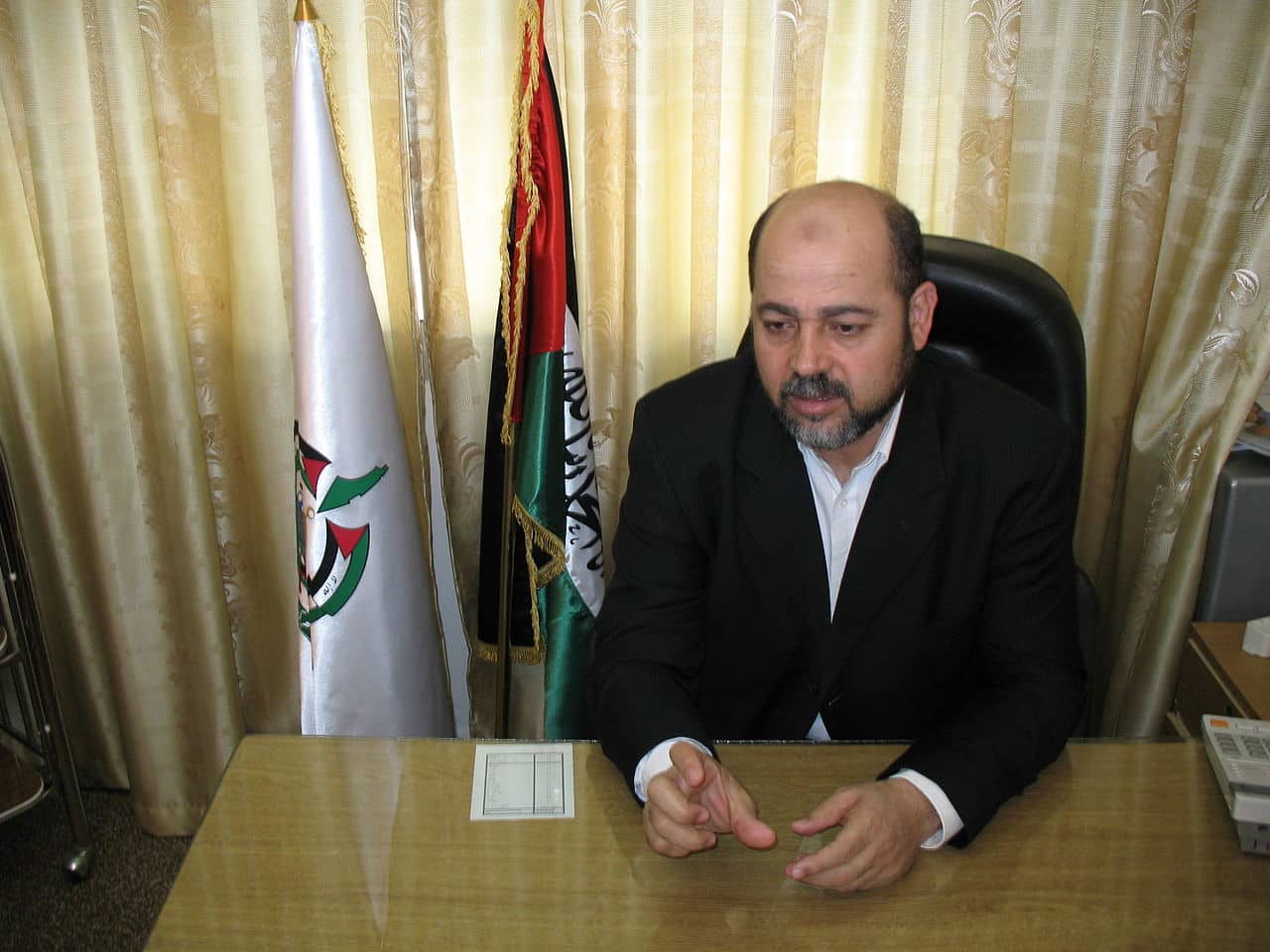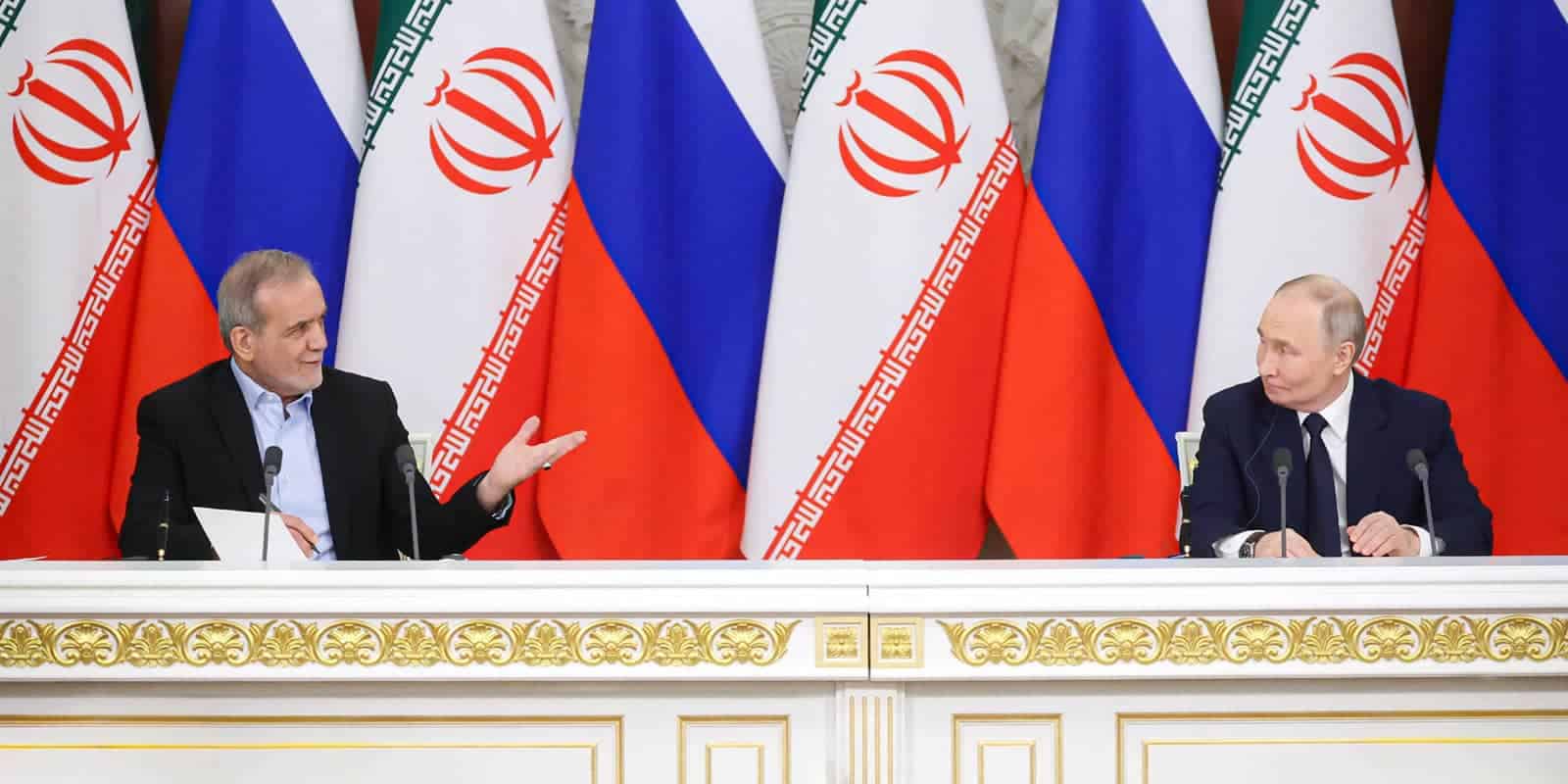As of late Thursday night, it was still unclear where Israel and Hamas are headed – escalation or a cease-fire. Over the past two days, it seems the situation on the Israel-Gaza Strip border has become exceptionally volatile: Hamas – confident over Israel’s apparent apprehension to launch a large-scale military operation in Gaza – has allowed its operatives to stage a sniping exercise right on the border.
The IDF saw this as an imminent threat and opened fire, killing two Hamas operatives. What followed was the familiar cycle of rocket fire on border-adjacent communities and Israeli strikes on Gaza targets in response, and so on and so forth.
In these types of situations, each party is somewhat forced to prove it will not be the first to blink and therefore keeps firing, and each party assumes that calling a unilateral cease-fire would be perceived as a show of weakness that would erode their ability to generate deterrence. This, in turn, will position the warier side at a disadvantage down the line, because it is clear to everyone that this will not be the last round of violence between Israel and Hamas.
Hamas’ fire on Beersheba and the IDF’s targeting of a five-story Hamas building in Gaza indicate that until last night, things were heading downhill, despite the fact that both parties would prefer to hit the brakes.
We know mediation efforts are already ongoing. Egypt has plenty of experience, as well as various leverages it can use against Hamas, and U.N. Middle East envoy Nickolay Mladenov, a veteran diplomat with experience in navigating regional politics, have taken the lead here, and naturally so.
Recent weeks have shown that both Israel and Hamas have, until now, followed the familiar pattern of border flare-ups. Israel may be militarily superior to Hamas, but Gaza’s rulers can inflict serious damage if they decide to widen the range of their rocket fire.
Meanwhile, even if the Iron Dome defense system keeps intercepting rockets, the constant sirens and the situation as a whole are making the Israeli public anxious.
The perception of public panic, together with the assumption that the IDF cannot really counter rocket fire, is pushing Hamas to continue despite the blow it has already sustained.
As things stand now, only third-party mediators would be able to stop what appears to be a guaranteed security escalation. We will have to wait and see.
Published in Israel Hayom 10.08.2018
JISS Policy Papers are published through the generosity of the Greg Rosshandler Family.
photo: By Nicoleon [CC BY-SA 4.0], from Wikimedia Commons















Former IDF Intel Chief: Can Hamas Release All Hostages in 72 Hours?